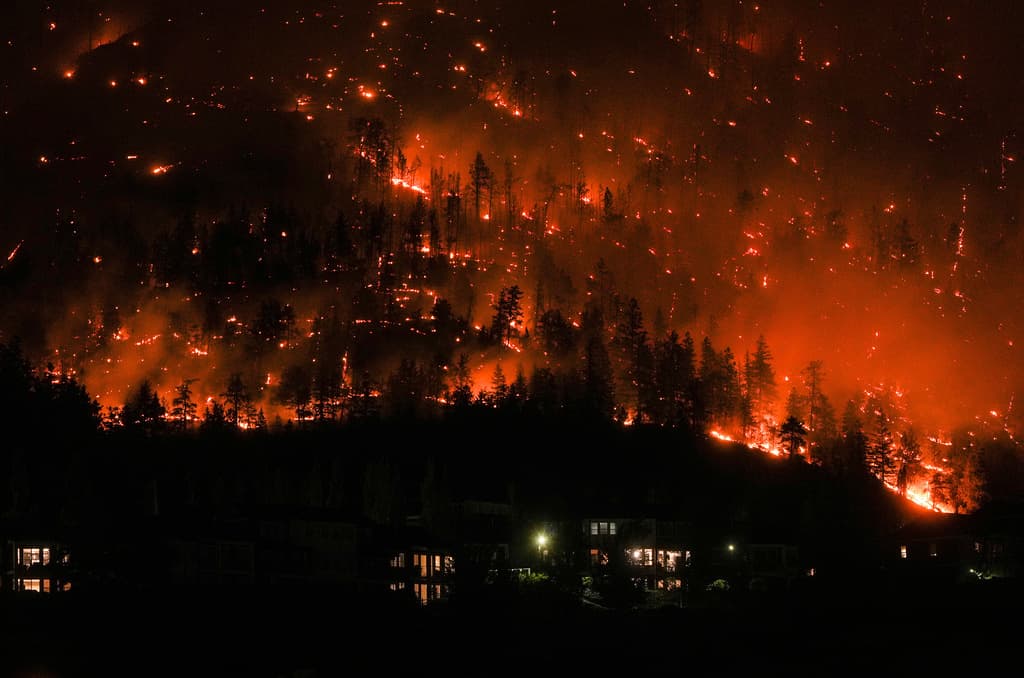Over 15 million hectares of forest, equivalent to around 4 percent of Canada's total forest area, were ablaze last year. The fire season was the worst recorded in the country, with smoke particles traveling via jet stream all the way to Sweden.
It was a disaster for society, with over 230,000 people forced to leave their homes and deteriorated air quality affecting many more people.
Total area burned was seven times the average for the previous 40 years.
Large Emissions
Between May and September 2023, the fires released 647 teragrams (one teragram is a billion grams) of carbon, according to estimates from researchers at NASA's Jet Propulsion Laboratory. They made the calculations by studying satellite-based observations of carbon monoxide in the smoke plumes.
This is far larger emissions than during an average fire season in Canada. And the carbon dioxide emissions also exceeded the respective emissions from fossil fuels in seven of the ten largest emitting countries in 2022, including Russia, Japan, Iran, and Germany.
Only China, India, and the USA released more carbon dioxide from fossil fuels during the period, according to the study published in the scientific journal Nature.
Increased Risk
The risk of forest fires is expected to increase with the rising temperatures of climate change.
2023 was the warmest year recorded globally, and the main drivers behind the spread of fires were widespread hot and dry weather in Canada, according to the researchers.
The Canadian forests function as a carbon sink, absorbing more carbon dioxide from the atmosphere than they release. In this way, they help slow down the pace of global warming. However, rising temperatures and increased fire risk contribute to concerns about the forests' role as a carbon sink in the long term, the researchers note.






